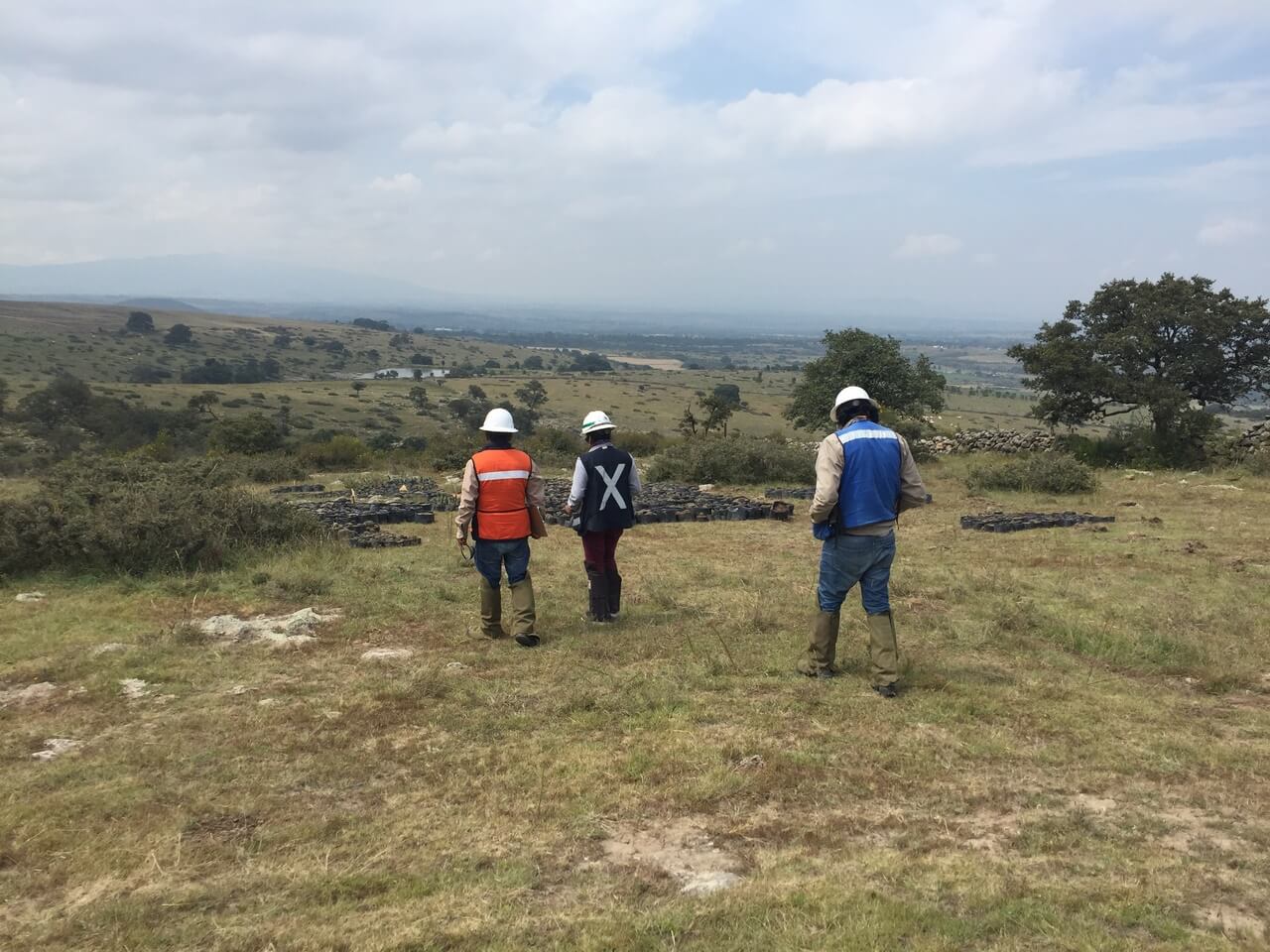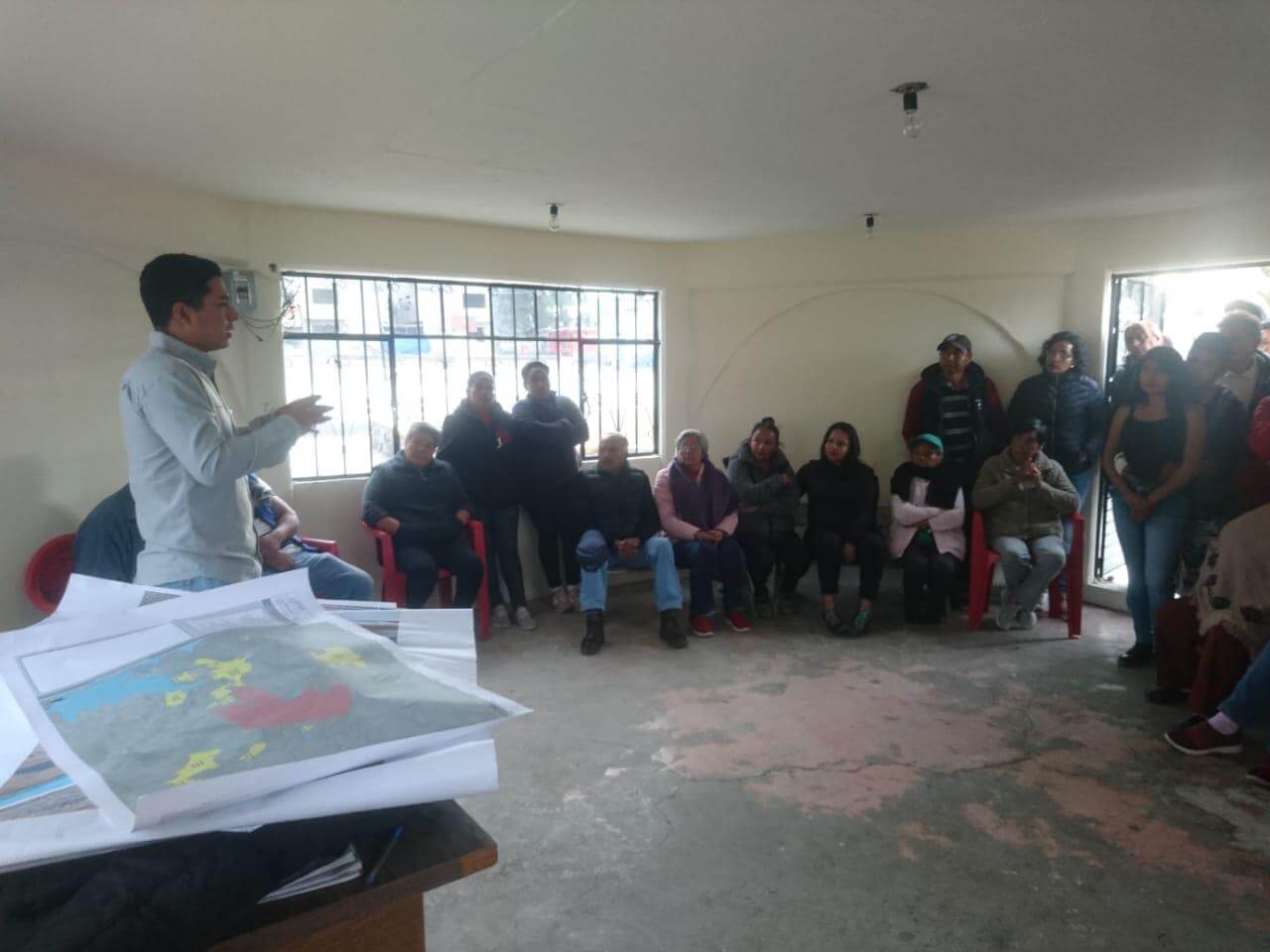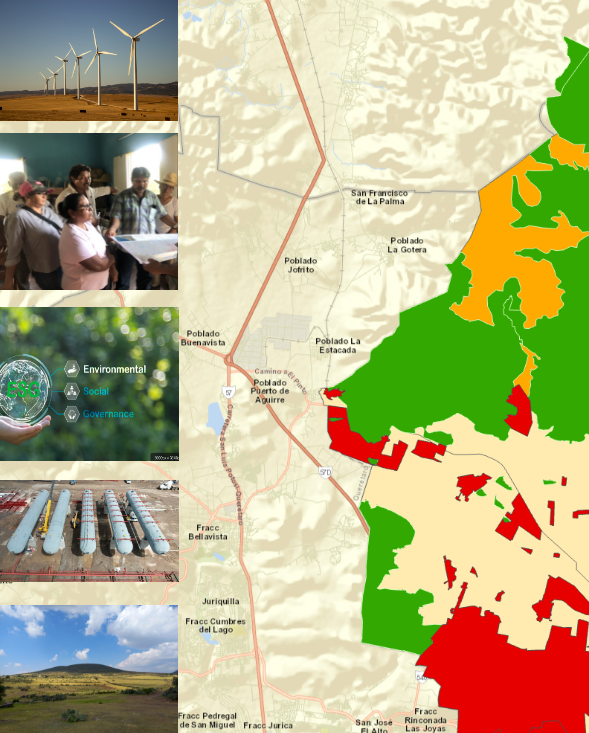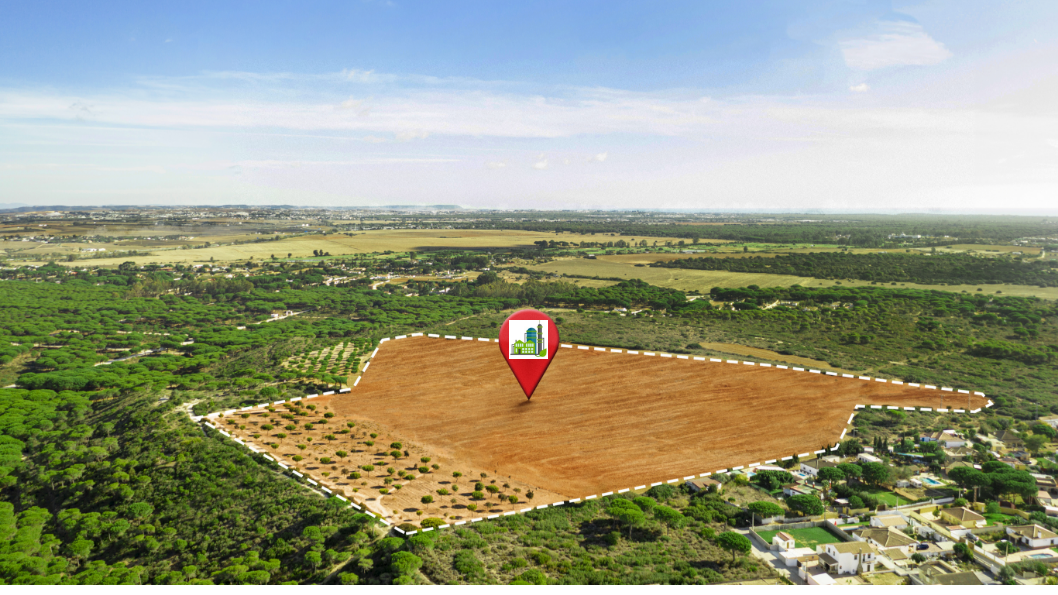Environmental and Social Prefeasibility Studies
The deployment of renewable energy projects has accelerated social tensions and opposition due to socioeconomic, cultural, and environmental reasons. These conflicts underscore the need to integrate both environmental and social aspects into the ecological transition. Social acceptance is critical for the viability of any project, which requires addressing socio-ecological conflicts through negotiation, mediation, and participation strategies, understanding conflict as an opportunity for improvement.

In a global context where socio-environmental risks are increasingly visible, it is vital to recognize that technological advancement and progress have also generated uncertainty and complexity. To address these challenges, it is essential to integrate social, territorial, and governance criteria into project design, promoting collaboration among stakeholders. Thus, our consultancy focuses on providing a social perspective on conflicts, understanding that they are dynamic and multidimensional, requiring continuous evaluation and an integrated approach.

Our "Environmental and Social Prefeasibility" service offers a preliminary analysis that identifies critical social and environmental factors that could affect the development of a renewable energy project. Through this analysis, an executive report is prepared that anticipates potential risks and opportunities, maximizing social value and minimizing environmental and community risks. This report not only facilitates the social management of impacts but also provides a crucial tool for decision-making, ensuring the successful integration of the project into its environment.

The prefeasibility study addresses the importance of anticipating potential conflict scenarios and designing social and environmental compensation measures based on citizen participation. Social acceptance is essential to ensure the proper implementation of these projects, contributing to the ecological transition and the energy sovereignty of the territory. The "Environmental and Social Prefeasibility" study identifies key characteristics that influence the design and execution of a project, assessing the need for Environmental Impact Studies (such as the Environmental Impact Statement or Technical Justification Study for land use change in forested areas) and Social Studies (such as the Social Impact Assessment).

Key Areas Analyzed in a Prefeasibility Study
- Vegetation and fauna. The presence of protected species and their potential impact on rescue and relocation programs is examined, considering costs and timelines. It also evaluates whether contributions to the Forest Fund are necessary.
- Urban, territorial planning, and protected natural areas: The presence of UGAS, UMAS, RAMSAR sites, natural parks, urbanizable and non-urbanizable areas, and their implications for the project's design and construction are verified.
- Archaeological remains. The existence of findings that could affect the project is assessed.
- Stakeholders and conflict hotspots. Key stakeholders and potential sources of conflict in the region are identified.
- Indigenous communities. The relevance of the areas to communities and the likelihood of requiring indigenous consultation are analyzed, evaluating timelines and costs.

We complement this environmental analysis with a social assessment of local communities, identifying their general stance toward investment projects and anticipating potential social impacts. In other words, Social Prefeasibility evaluates the potential impacts and benefits of a project on local communities, anticipating conflicts and opportunities. It analyzes the social structure, key stakeholders, areas of relevance to the population, and the need for indigenous consultations. Its goal is to foster social acceptance by proposing compensation measures and participatory strategies that integrate local needs and minimize social risks. This integrated approach ensures that our clients can minimize risks and maximize opportunities, achieving successful and sustainable development in the project's area of influence.
Our transdisciplinary team of specialists offers an in-depth analysis of socio-environmental risks and opportunities, providing investors with a clear and precise vision for decision-making. This service includes a comprehensive analysis of applicable environmental regulations, ensuring compliance throughout all project phases.
Additionally, our flora and fauna experts conduct field visits to the investment site to identify vegetation and species protected under current legislation. We use advanced technology, such as drones, to obtain aerial images that allow us to evaluate the physical and environmental characteristics of the terrain.

The "Environmental and Social Prefeasibility" service offered by Área de Influencia represents a fundamental tool for anticipating challenges, optimizing the integration of renewable energy projects into their surroundings, and ensuring social and environmental sustainability throughout all phases of development.
